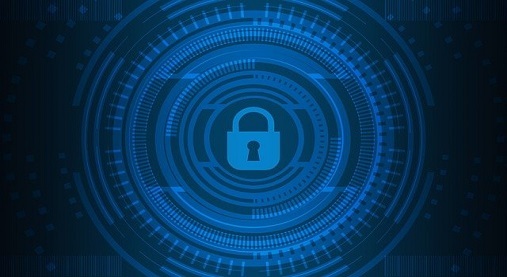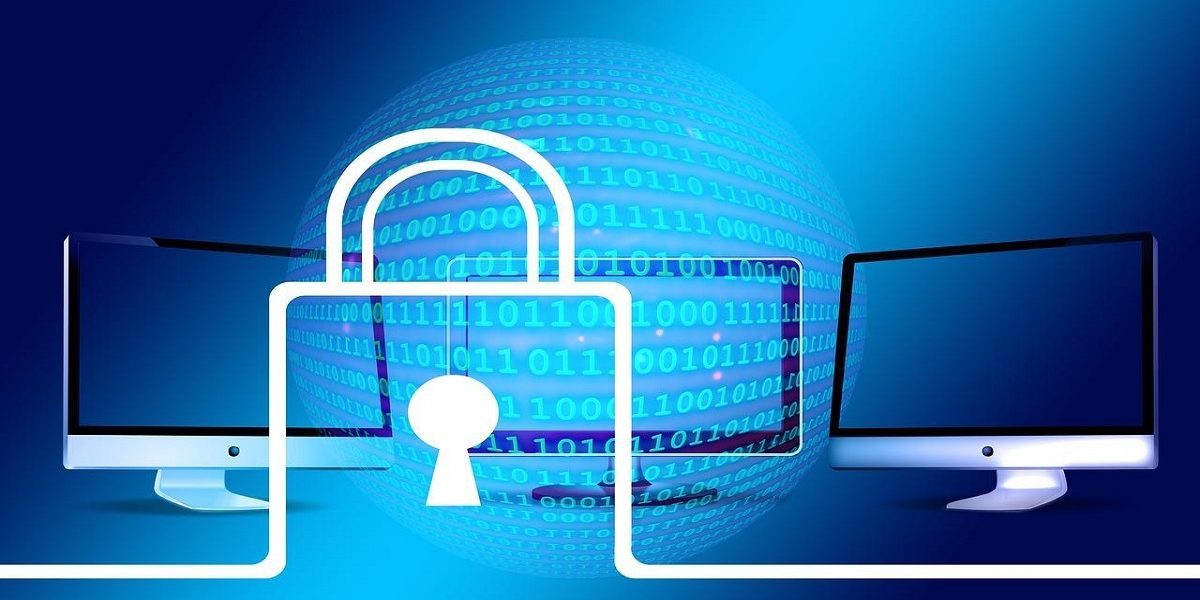SSL stands for Secure Socket Layer protects sensitive data in transit over the internet. Its secure encryption protocol became particularly popular with the growing popularity of eCommerce. Unfortunately, SSL certificates come with their problems, namely cost and management headaches. Let us have a look at what exactly is SSL and why it is so important for websites to have one installed on their server before we examine whether or not it is worth paying for one.
What is an SSL Certificate?
A digital certificate, also known as an SSL Certificate, is a way to verify your website’s identity to visitors. If you use websites like Facebook or Google, you have seen SSL certificates in action, and they often appear in browsers as a padlock icon.
There are three types of digital certificates: Domain Validated (DV), Organization Validated (OV) and Extended Validation (EV). DV certs-only identifies that you own a domain name, while OV will also confirm you are the person who you say you are by verifying the company information. A DV certificate costs less than an OV certificate but should still be used when available. EV SSL cert is used for higher authentication and strong encryption.
How does SSL secure my website?
When a user enters personal information on a website, such as a credit card number or social security number, that data needs to be encrypted to prevent it from being stolen by criminals.
This process is called encryption. Without SSL, information sent between your web server and browsers could be intercepted, meaning hackers could read sensitive data like usernames, passwords, credit card numbers, and other confidential information.
Using an encrypted connection is important if you are managing sensitive user data. Two main types of encryption protocols are used today: Transport Layer Security (TLS) and Secure Socket Layer (SSL). While they are not completely interchangeable — some software supports one or both — they are similar enough that most users can use them interchangeably without incident.
Why do we need an SSL certificate?
The big reason you need an SSL certificate on your website is what it means to be secure. A secure website communicates with your visitors to protect them and your business. An unsecured connection is dangerous because malicious users can easily intercept unsecured connections.
To establish a secure connection between your website and its visitors, you need an SSL certificate. Here, a budget friendly brand named Comodo and its products like Comodo PositiveSSL Certificate offer strong encryption to choose how secure your connection will be based on what is best for your business.
When you purchase an SSL cert like Comodo PositiveSSL Certificate, you are getting real protection from a quality source.
SSL Encrypts Sensitive Information
When a user enters details into a form on your website, that data gets sent to your server. When you use an SSL certificate, all that information is encrypted before leaving your computer. No one—not even you—can view what was entered by viewing your server logs.
It can be crucial in industries where security regulations require such steps, such as healthcare or finance. However, it is still important to know that these are not full-proof; some older browsers do not support them very well (or at all), and there are ways around them if someone wants to dedicate server.
Gives you more protection against hackers
Web pages that use HTTPS and a valid certificate are encrypted end-to-end. It prevents hackers from snooping on your traffic, even if they manage to redirect you to a malicious version of your website.
Protects you from snooping ISPs: Internet Service Providers can now only see that you are connecting to a secure server; they cannot see what you are doing there.
Strengthening your privacy: The certificate verifies ownership of a domain name, so you can be sure that nobody else has access to your online accounts or transactions unless they have one.
Meets PCI standards

These standards ensure that all data is encrypted before being transmitted between your website server and your customers. If you do not have an SSL, anyone can snoop on people’s credit card numbers as they are transferred from a customer to your business.
Think of it like sending in mail: You do not want everyone else reading other people’s letters, so you send them in envelopes instead of leaving them out on tables for anyone to read. The point of encryption is to make sure that only people who should be able to see or use a piece of information can do so.
Importance of SSL Certificate
A website that has not been secured with a secure certificate is still vulnerable to security attacks. Data theft, phishing, malware attacks, DNS spoofing, etc., are all things that are possible on unsecured websites. If a website runs on HTTPS protocol, it has some benefits that normal HTTP does not have.
Some of these benefits include:-Always secure with HTTPS protocol, Encrypted communication between server & client side, ensuring complete privacy of your user data, Google always looking at HTTPS websites before non-HTTPS websites when ranking websites in search engine results.
How Do I Get an SSL Certificate for My Website?
Getting an SSL certificate used to be very costly a decade ago, but nowadays, you can get SSL for cheap price. As mentioned above, Comodo PositiveSSL Certificate with 2048-bit encryption is not simply good for encrypting your connection but also easy to install and use.
Conclusion
When a website displays that little padlock icon in your browser’s address bar, it lets you know that your information is encrypted. It means that no one will be able to read it while it travels between your computer and its intended destination.
While there are numerous reasons why encrypting a website might be valuable, two of them stand out: search engine optimization (SEO) and customer trust. Both factors play an integral role in marketing because they influence how well websites rank on search engines like Google or Bing and how many visitors they get.
When a website uses HTTPS rather than HTTP, you can trust that personal information will remain private—but you can trust that any business data or private communications will not be intercepted in route.



